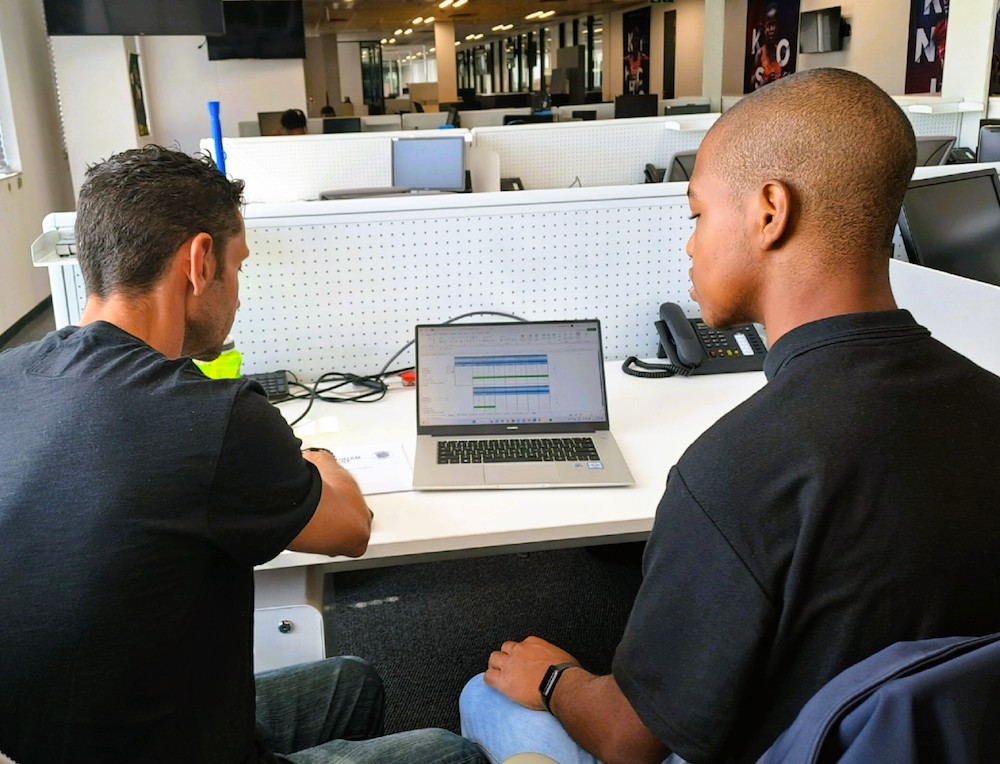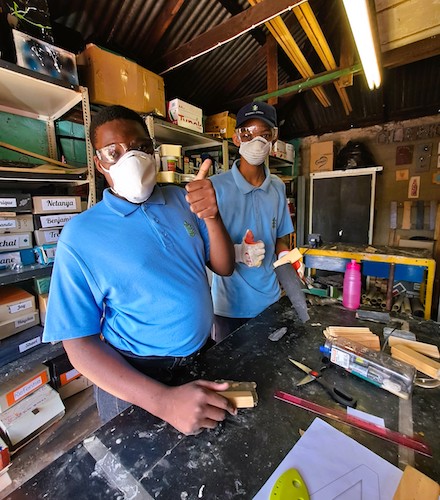The perception of vocational education for neurodiverse learners can vary significantly across different societies and cultures. However, there are several potential reasons why vocational education for neurodiverse learners might have faced negative stigma in some places:
- Stereotypes and Misunderstandings: There is often a lack of awareness and understanding of neurodiversity and the unique strengths and challenges that neurodiverse individuals may have. This can lead to stereotypes and misconceptions, such as assuming that neurodiverse individuals are not capable of pursuing higher education or certain career paths.
- Social Stigma: Society can stigmatise individuals with learning differences, leading to prejudices and discrimination. This can manifest in various ways, including limited opportunities, negative attitudes, and exclusion from certain educational and career paths.
- Traditional Education System Bias: The education system in many places is primarily geared towards a one-size-fits-all approach, which may not adequately accommodate the diverse learning styles and needs of neurodiverse individuals. This can result in neurodiverse learners facing challenges and feeling like they do not fit into the traditional academic mold.
- Focus on Academic Excellence: In some cultures, there is an overemphasis on academic excellence and pursuing higher education at prestigious institutions. Vocational education, on the other hand, may be perceived as a less desirable option, leading to the marginalisation of those who choose alternative paths.
- Lack of Support and Resources: Neurodiverse learners may not always receive the necessary support and accommodations in educational settings, making it difficult for them to thrive academically. This can reinforce the belief that vocational education is their only viable option.
- Career Opportunities: Some vocational careers may be associated with lower social status or perceived as less intellectually challenging. As a result, neurodiverse learners who choose vocational paths might face judgment or negative assumptions about their capabilities.
- Limited Awareness of Vocational Options: The range of vocational opportunities available to neurodiverse learners may not always be well-known or well-promoted. As a result, individuals and their families may not consider vocational education as a viable and fulfilling option.
Addressing the negative stigma surrounding vocational education for neurodiverse learners requires a multi-faceted approach, including increasing awareness and understanding of neurodiversity, providing better support and accommodations in educational settings, promoting diverse career paths, and challenging stereotypes about vocational education. Emphasising the value and success stories of neurodiverse individuals in vocational fields can also help change perceptions and attitudes.

At Oak House Vocational Academy, a division of Glenoaks School, our neurodivergent learners are exposed to the concept of work from the beginning of their journey with us. Younger learners participate in internal contract or project-based work, and older learners benefit from external work experience placements aligned to their strengths, abilities, and areas of interest, culminating in years of work experience, and often a part-time or full-time job by the time they graduate. Learners are exposed to several vocational subjects including Administration, Computers, Hospitality, Gardening, Crafts and Enterprise. These subjects are integrated with each other and based on a business model. Learners gain insight into the purpose of work and completing a job or project. They are challenged to understand the ‘bigger picture’ and the importance of every role in a business. In many of these subjects learners produce products to sell, which provides tangible opportunities to internalise valuable vocational skills.

Despite the negative stigma often associated with this type of education, we at Glenoaks believe that it is one of the most successful ways to integrate neurodiverse learners into society and the workplace.
Written by Julia Wood – Head of Oak House Vocational Academy – Glenoaks School
- When to Push My Child and When to Step Back - March 18, 2024
- Benefits of Including STEM into the Classroom - March 5, 2024
- The Role of Parents in the Education of Special Needs Children and Fostering a Collaborative Approach - February 21, 2024





